If a legless, scaly creature has once again slithered into your backyard, you must be wondering how you can get rid of this pest. You’re at your wit’s end, but you still want to stop these snakes from entering your property using natural means.
What are the best natural snake repellents? The best natural snake repellents include garlic and onions, the smell of smoke and clove and cinnamon oil mix, and snake-repelling plants such as the mother-in-law’s tongue. Moreover, lime juice with peppermint or hot pepper can make a snake’s skin itch and burn, so they’ll want to avoid your property.
If you have a snake problem, read on! This article will explain how natural snake repellents work and what repellents you can use for different spaces.
What Do Snakes Hate?
Snakes can cause problems for gardens even if they are helpful in removing other pests and controlling rodents and slugs.
Strong odors are what snakes abhor the most. They are incredibly perceptive and rely on smell for hunting, therefore anything overpowering will make them dizzy and repellent. The ability to compensate for poor vision is provided by this advanced sense.
What Smell Do Snakes Hate?
Since snakes have a great aversion to them, powerful and disruptive odors like sulfur, vinegar, cinnamon, smoke, spice, and ammonia-like aromas, are typically the most popular and effective odors against snakes.
It’s vital to keep in mind that the disagreeable scents that snakes discover differ depending on the circumstances the snake was exposed to after hatching. This indicates that although unfamiliar fragrances are generally disliked, they are not always so.
How To Repel Snakes Naturally?
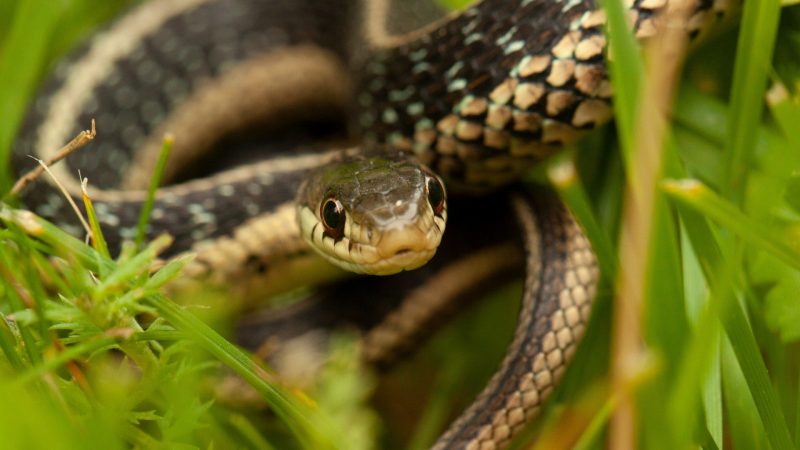
The problem with snakes is that while we know most won’t cause any harm, some can still be poisonous. Does that mean we should kill them? Of course not.
There are plenty of practical ways you can repel snakes naturally from the area. It’s only a matter of using the right things. These natural products don’t cause much harm but prevent snakes from getting anywhere near your home.
To repel snakes naturally, start by eliminating any food supplies. They roam out of their territory in search of food. If your home has many moles, frogs, or rodents, this will attract snakes. You must also remove all hiding places and potential entrances.
While it’ll mean tossing up your landscaping, at least you’ll be assured that there’s no way a snake would get in. Some ways you can do this include:
- Remove all holes or cracks you may have hidden with rocks.
- Repairing any broken ventilation ducts or rusted pipes.
- Replacing any damaged or broken door or window screens.
In particular, you’ll also want to check in on the compost piles and wood heaps. Snakes like hiding in significant lumpy places, so if you’re collecting any mulch, wood chips, or leaves, you’ll want to get rid of those immediately.
What Is a Natural Snake Repellent?
There’s a difference between repelling snakes naturally and natural snake repellents.
A natural snake repellent doesn’t use chemicals or harmful products to remove snakes. Instead, it’s made using a set of natural ingredients that sets off the snake’s senses, so it doesn’t come near the area.
Ingredients like garlic spray and lemongrass are widely used to repel snakes. However, some people also use naphthalene and sulfur, which are ineffective and dangerous.
Many people recommend using naphthalene balls or mothballs in the nooks and crevices and powdered sulfur around your home to repel snakes. However, mothballs typically don’t affect snakes since they don’t give off a strong scent, nor do snakes see them as food. Sulfur is also ineffective and is generally a waste of money.
You should only use products that are labeled natural and use only natural household ingredients.
Best Natural Snake Repellents
If you have a snake problem at home, here are some natural repellents you can make yourself:
Garlic and Onions
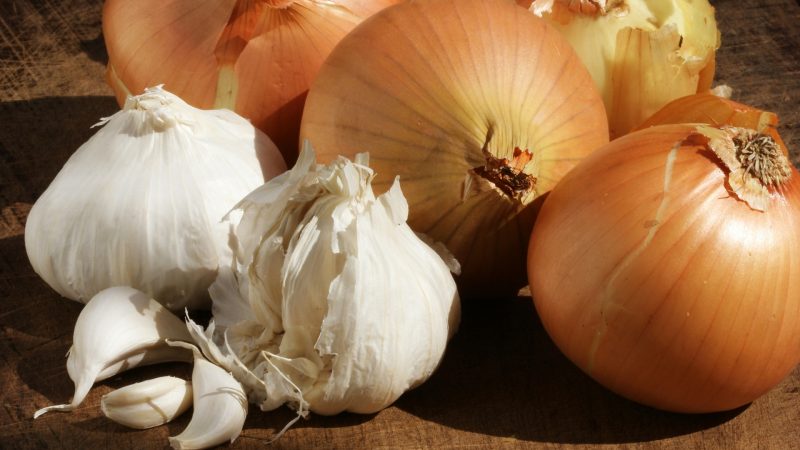
While sulfur itself won’t do much to repel snakes, the sulfonic acid in these ingredients has enough power to stop snakes in their tracks.
Here are the steps on how to make a repellent out of garlic and onions:
1. Mix garlic and onion with rock salt.
2. You may add essential oils to mask the pungent smell of the mix but be careful only to use oils that are safe for animals.
3. Sparsely sprinkle the combination outside your home and in the yard.
Clove and Cinnamon Oil
- Pure & Natural Clove Essential Oil: Artizen Essential Oils stand...
- Avoid Cheap Diluted Clove Oil: Unlike competitors that dilute...
- High Natural Oil Concentration: Many 4-ounce clove essential oils...
- Premium Glass Bottles With Eyedropper: Our high-quality glass...
- American-Based Quality Assurance: Bottled in the USA, Artizen...
- 100% Pure & Natural Cinnamon Essential Oil: Artizen Essential...
- Avoid Cheap Diluted Cinnamon Oil: Many competitors dilute their...
- True 100% Cinnamon Oil: Unlike many products that misrepresent...
- Premium Glass Bottles: Our high-quality glass bottles are...
- Relax With Artizen: Create an enchanting atmosphere with our pure...
Clove and cinnamon both possess a pungent smell. When you mix the oils, the combination does become very overwhelming, especially for reptiles like snakes.
Spraying the oil mixture directly on the snake does do the trick, but you have to be very cautious when doing so. The snake will run in the opposite direction from the spray, so give it a path that’ll help it go out of your property.
Repelling Plants
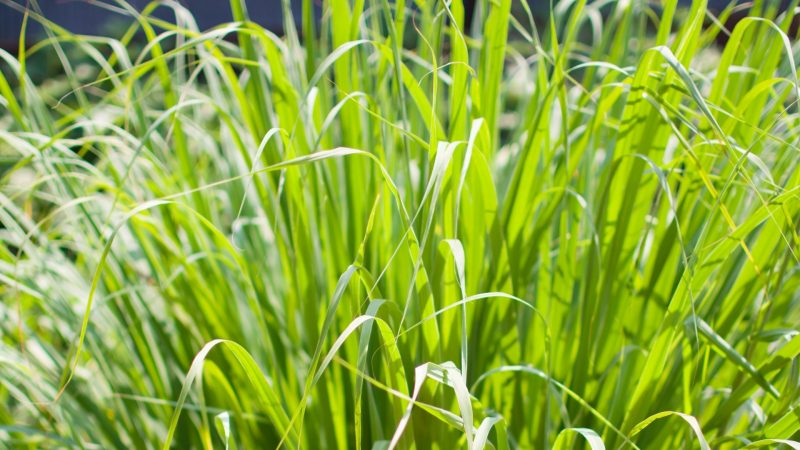
Yes, you can indeed use a range of plants to keep the snakes away. Snakes aren’t fond of certain smells, including the smell of lemongrass, garlic, and even marigolds.
You can also use a plant called mother-in-law’s tongue or snake plant to keep the snakes away.
- BOWSTRING EVERGREEN: Sansevieria Superba is a drought-tolerant...
- DENSE SUCCULENT WITH BUTTERY EDGES: Leaves of the Snake Plant...
- CREEPING RHIZOME, ROSETTE: Similar to lotus or bamboo, Superba...
- TWISTING VISION: Devil's Tongue Plant grows foliage that subtly...
- ROBUST SNAKE PLANT: Real Snake Plant is hard to kill. While...
While it doesn’t have an odor, what makes the plant effective is its sharp leaves. Planting it alongside any crevices or cracks should prevent the snakes from getting in.
Smoke
The reason why many snake-related repellents are scent-related is that snakes have a strong sense of smell. They’re very sensitive to different strong fragrances and fumes, with the smell of smoke being at the top of their most hated list.
If you use smoke, it should be able to push them out of your property. To do this, follow the steps below:
1. Dig a fire pit and burn some wood to smoke out the snakes.
2. Use leaves and moss to cover the embers.
Smoke doesn’t automatically remove the snakes, but it does the job right in a few days.
Lime
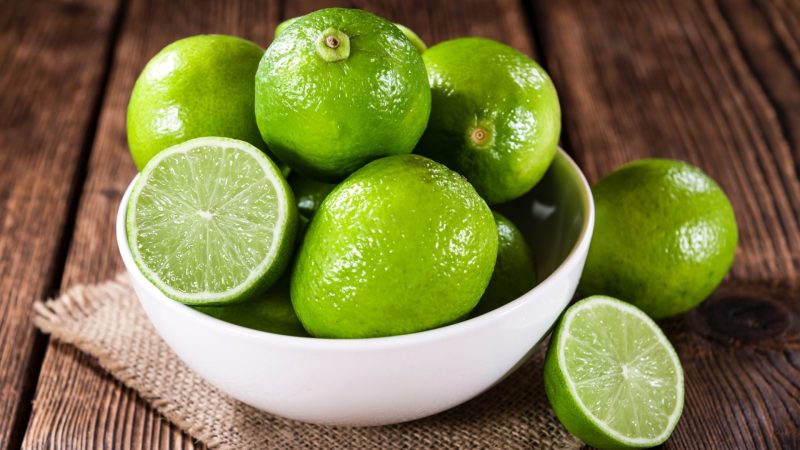
A snake’s skin isn’t as impenetrable as you may think. Like us, snakes can sense when something is on their skin, which is why lime works so effectively.
Here are the steps on how to make a repellent out of lime:
1. Mix lime juice with peppermint or hot pepper.
2. Pour the mix where you’ve seen the snake roam around
Aside from irritating the snake’s senses, this mixture will cause their skin to itch and burn, which will repel them from your property.
Cedarwood
If you look closely enough, cedarwood is quite simple to notice. It includes a number of toxic phenols that are bad for reptiles; thujone, in example, can make them have seizures, while others can burn their scales.
Natural Snake Repellents for Different Places
There are different natural snake repellents for specific places or situations. Knowing what works in each case can help you better deal with your snake problem.
Natural Snake Repellent for Chicken Coops
Invest in something like this Ogrmar Chicken Coop from Amazon if possible. The design will keep your chicken safe from snakes. But make sure to maintain the coop with chicken wire and repair all holes and cracks if you see any.
- 【Raised Perches & Comfortable for Poultry】The raised perch...
- 【Spacious Space & User-friendly Design】66.4" chicken coop...
- 【Removable tray & Gridding Fences】There is removable bottom...
- 【Sturdy Construction & Weatherproof】Constructed by premium...
- 【Shipping & Customer Service】We packed item as good as we...
Use plants like rosemary, lemongrass, marigolds, and more around the coop, so the smell deters snakes from entering.
If the snake persists, though, bring a guinea fowl into the pen, as they’re natural predators and particularly hate snakes. This animal is aggressive, though, so introduce the guinea fowl as a chick to the coop to get it accustomed to the chicken population.
Natural Snake Repellents for Homes
A mixture of hot pepper and lime juice works like a charm if you’re worried about the snake getting inside the parameter. But, if you want to boost your home’s safety, you can also use a water-and-vinegar combination and pour it around the house.
You’ll also want to plug any holes and keep the dog or cat doors closed in case a snake decides to slither in.
Natural Snake Repellent for Yard
If you’ve had snake problems for a while now, the best thing to do is to invest in an all-natural snake repellent like the Enviro Pro Snake Scram. This product uses various natural essential oils and produces a strong smell that keeps the snakes away.
- Scram for snakes shaker bag
- Using snake scram for protection
- An excellent natural repellent for getting rid of snakes
- This product comes in 12-inch
- This product contents 3.5 Pounds
If you have a big yard and are dealing with a snake infestation, use this repellent every two weeks initially, then use it once a month to keep the snakes away from your yard.
Natural Snake Repellent for Camping
White vinegar is the best repellent if you’re trying a DIY method. Snakes don’t like the smell of vinegar and won’t slither over it no matter how curious they are.
- LUCY’S NATURAL COMPOSITION - Lucy’s White Vinegar's...
- SPICING UP DIPPING SAUCES - Lucy’s White Vinegar can add a...
- SUBSTITUTE FOR SALT OR BUTTERMILK - Lucy’s White Vinegar can be...
- ALL-PURPOSE CLEANER - Lucy’s White Vinegar is a powerful,...
- 100% FAMILY OWNED, FOUNDED AND OPERATED - Lucy’s was...
Make a vinegar repellent by mixing vinegar with water and pouring it around the campsite or the tent. Also, keep all food and clutter stored away in case there are any animals in the area. You don’t want to invite these things in.
Natural Snake Repellent Plants
As previously stated, plants such as Marigolds, snake plants, and lemongrass will repel snakes. But, if you have a more significant snake infestation problem, some plants that may repel snakes include:
- Garlic
- Snakeroot
- Roses
- Mugwort
- Lavender
- Andrographis paniculata
- Wormwood
DIY Natural Snake Repellent
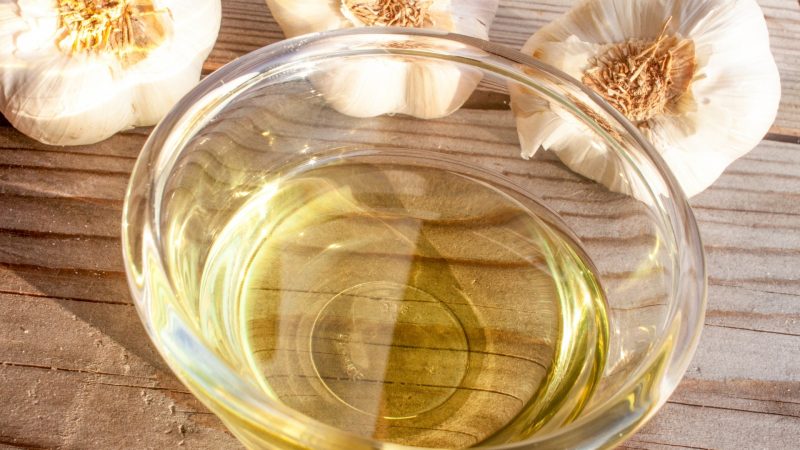
If you can’t afford to switch around the landscape or bring in a professional pest control service, there’s another technique you can use.
Here’s one that works almost every time from the many recipes for DIY natural snake repellents.
The ingredients you’ll need include:
- Cloves of garlic
- Garlic-infused oil
- Water
Here are the steps on how to make your natural homemade snake repellent:
1. Blend at least 10 garlic cloves with a few tablespoons of water until it turns into a paste.
2. Add the garlic-infused oil and blend again. The smell will be heavy, so wear a face-covering if you’re sensitive to the garlic smell.
3. Put the mixture in a small glass jar, and seal it with a lid.
4. Let it sit for about an hour before using it.
5. Place a few drops near your windows and doors or any place where you’ve seen a snake come through. If it rains, use this solution again, and do so once a week until the snakes leave.
List of Sources
Hubbard, S. Snakes are more scared of you than you are of them. Oklahoma State University.
National Pesticide Information Center. (2020). Snakes In and Around the House.
Knight, J. Coping With Snakes in Montana. Montana State University.
Brock, E. M., Howard, W. E. (1962). Control Methods for Snakes. University of Nebraska – Lincoln.
Messmer, T. (2018). 12 Ways to Stop Snakes From Slithering Into Your Yard. Utah State University Extension.
- Bed Bug Surge 2025: How to Detect, Prevent, and Safely Eliminate Infestations in Top U.S. Cities - June 18, 2025
- Asian Needle Ants Invade US Homes: 2025 Guide to Identification, Risks, and Effective Control - June 11, 2025
- New World Screwworm Alert: How US Livestock Owners Can Prevent Outbreaks and Protect Herds [Summer 2025 Update] - June 8, 2025






